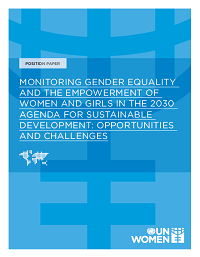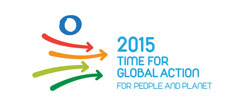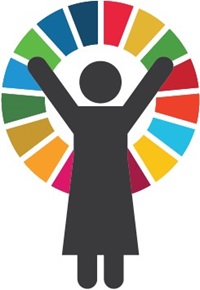The 2030 Agenda for Sustainable Development
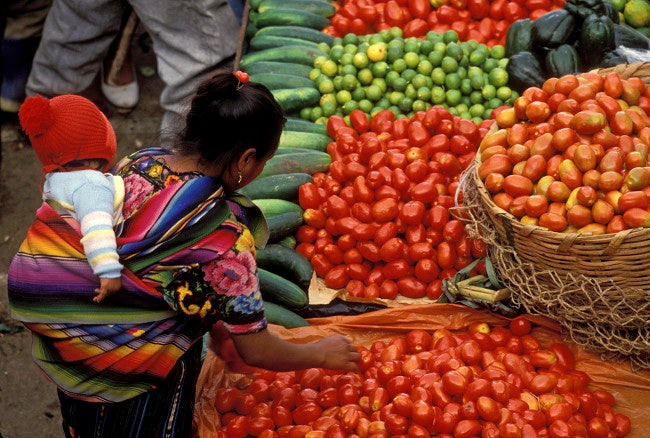
In 2015, countries agreed on the need for comprehensive financing for development; they will adopt a new sustainable development agenda; and they are expected to adopt a new global agreement on climate change. Concluding a negotiating process that has spanned more than two years and featured the unprecedented participation of civil society, on 2 August 2015, governments united behind an ambitious agenda that features 17 new sustainable development goals (SDGs) and 169 targets that aim to end poverty, combat inequalities and promote prosperity while protecting the environment by 2030.
Agreed by consensus, the draft outcome document “Transforming Our World: the 2030 Agenda for Sustainable Development”, will be formally adopted by world leaders at the United Nations Summit for the adoption of the post-2015 development agenda, to be held in New York from 25-27 September 2015.
The new sustainable development agenda builds on the Millennium Development Goals (MDGs), drafted in 2000, which focused on reducing poverty, hunger, disease, gender inequality, and ensuring access to water and sanitation by 2015. The new sustainable development goals, and broader sustainability agenda, aim to complete what the MDGS did not achieve, and go much further, addressing the root causes of poverty and inequality and the universal need for development that works for all people.
The new agenda is an action plan for people, planet, prosperity, peace and partnership. It will foster peaceful, just and inclusive societies and require the participation of all countries, stakeholders and people. The ambitious agenda seeks to end poverty by 2030 and promote shared economic prosperity, social development and environmental protection for all countries. The new agenda is based on 17 goals, including a stand-alone goal on gender equality and the empowerment of women and girls as well as gender sensitive targets in other goals.
This is the first development agenda that has been negotiated by all Member States and that is applicable to all for the next 15 years. The outcome reiterates national ownership and leadership in the implementation of the agenda.
What’s next?
Tasked with developing indicators to monitor global progress on these new goals, an Inter-agency and Expert Group on SDG Indicators was established and UN Women contributes as an observer. The Group’s proposal will be presented for approval to the Statistical Commission at its forty-seventh session in March 2016.
In July 2015, the Third International Conference on Financing for Development concluded with a clear recognition of gender equality as a critical element in achieving sustainable development, with States adopting the Addis Ababa Action Agenda. UN Women intensely engaged in the negotiations, advocating for a commitment to transformative financing for gender equality. UN Women will now work with a group of Member States to implement an Action Plan on Transformative Financing for Gender Equality and Women’s Empowerment, to ensure that the gender commitments that were included in the agreed text will be turned into actions.
The UN system now stands ready to support governments in the implementation of the new sustainable development agenda, which builds on the successful outcome in Addis Ababa.
To spur concrete commitments and position gender equality, women’s rights and women’s empowerment at the centre of the global agenda, UN Women and the People’s Republic of China are co-hosting and co-organizing a “Global Leaders’ Meeting on Gender Equality and Women’s Empowerment: A Commitment to Action” on 27 September 2015, at UN Headquarters in New York.
Latest news
Women and the environment
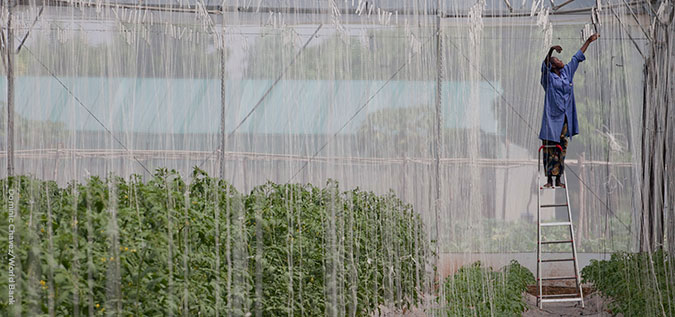
As part of UN Women's Beijing+20 campaign, this editorial package focuses on one of the 12 critical areas of concern of the Beijing Platform for Action, and how women can and do make a difference in environmental decisions, responding to natural disasters and managing natural resources. Read more
Featured publication
-
Monitoring Gender Equality and the Empowerment of Women and Girls in the 2030 Agenda for Sustainable Development
This position paper sets out UN Women’s suggestions for global indicators to effectively monitor how the SDGs are being implemented for women and girls. More
